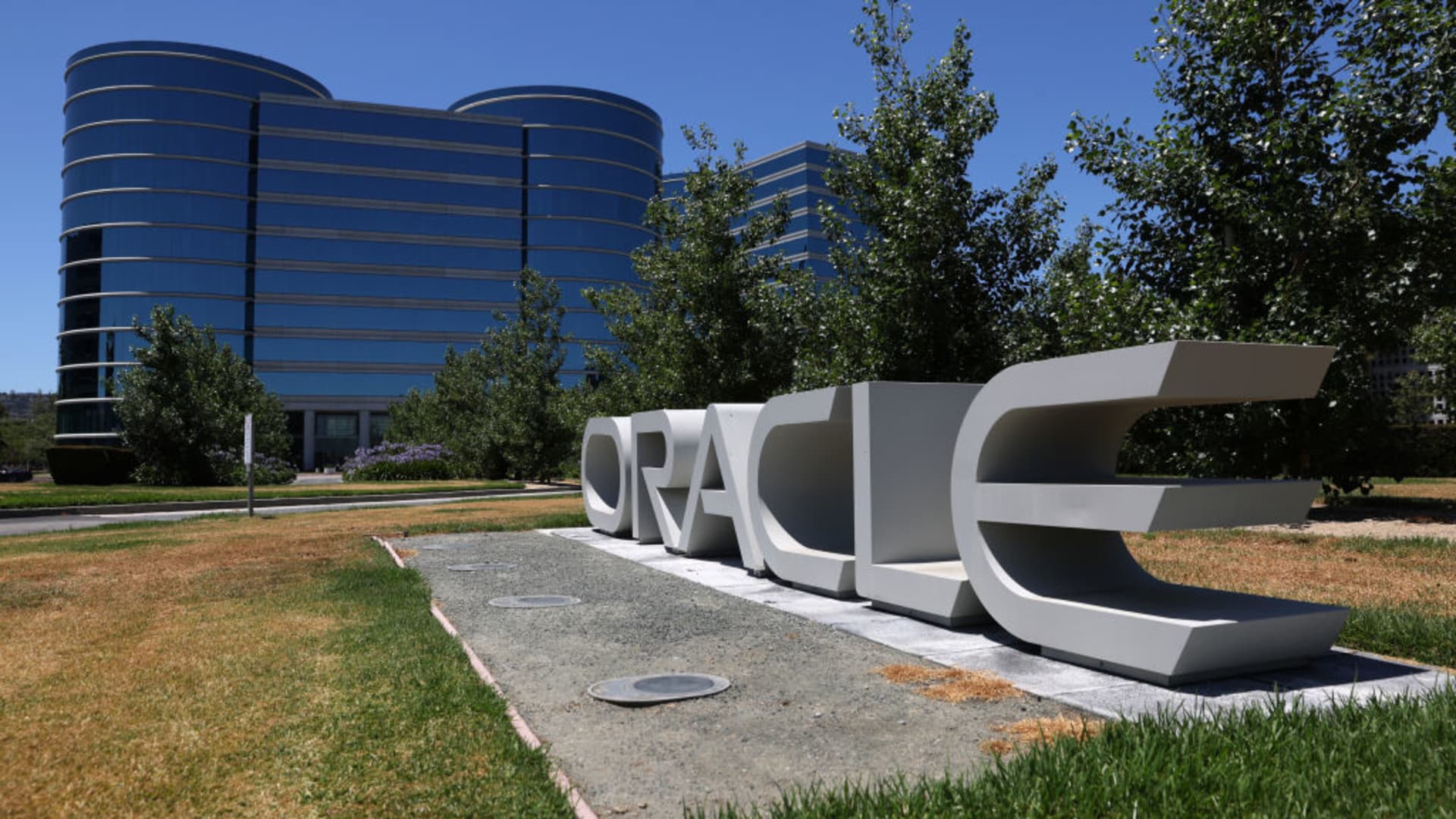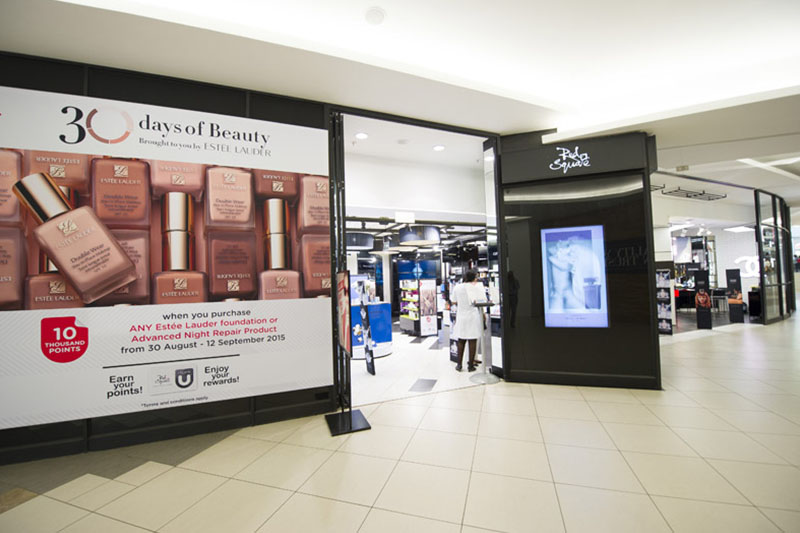By David Leask, a contract journalist. Initially printed at opendemocracy.web
It was the center of November 2017 and a clerk within the glass-and-steel headquarters of Firms Home in Edinburgh had simply stamped a routine and unremarkable doc.
This was an LP6, a type that information, for the UK’s company registry, any modifications within the nature of a restricted partnership.
The sheet of paper, which bore an indecipherable signature, mentioned {that a} enterprise referred to as Newbay Investments LP had been dissolved 4 months earlier.
Firms Home clerks don’t routinely examine whether or not such filings are correct. So officers merely logged the paper and printed it on-line. Newbay Investments was no extra.
The enterprise ceased buying and selling, in keeping with that seemingly inconsequential type, roughly two weeks earlier than it was attributable to hand over particulars of the ‘individuals with vital management’ (PSC) of the organisation.
Newbay Investments was a kind of enterprise referred to as a Scottish restricted partnership (SLP). Transparency Worldwide has referred to as SLPs “the UK’s homegrown secrecy autos” for his or her lack of transparency over possession and use in high-profile money-laundering circumstances.
Anti-money laundering measures launched by the UK authorities a number of months earlier than Newbay was seemingly wound up had required all SLPs to determine its PSCs by a sure date, and ship the data to the authorities. Because it was, the enterprise by no means had to do that.
No person heard the phrases “Newbay Investments” for one more 12 months, when two main Russian businessmen, Ziyavudin and Magomed Magomedov, have been arrested on embezzlement and organised crime fees in 2018.
It took an additional 4 years for a Moscow courtroom to rule that Newbay Investments had, actually, been underneath the management of a Russian organised crime group – a course of that lastly got here to an finish final week.
Extra particularly, a panel of three judges decided that Newbay Investments was within the fingers of Ziyavudin and Magomed Magomedov, businessmen who have been as soon as politically well-connected in Russia.
Certainly, the Magomedov case, with all its political ramifications and through-the-keyhole have a look at the lives of the nation’s mega-rich, has gripped Russia.
In a prolonged verdict, Moscow’s Meshchansky district courtroom discovered the brothers responsible of racketeering and embezzlement on a grand scale.
The Magomedov and their associates had stolen, the judges mentioned, some 11 billion roubles (about £143m).
Ziyavudin, 54, was sentenced to 19 years behind bars. Magomed, his older brother, acquired 18 years in jail. Plenty of co-accused additionally acquired prolonged custodial sentences.
As well as, the courtroom ordered the confiscation of billions of roubles, a Porsche and different vehicles, a Gulfstream company jet, two properties in Moscow, and 4 flats in London. The British properties have been registered within the title of varied firms, in keeping with native experiences.
One other Moscow courtroom had already ordered the seizure of $750m from the Magomedov brothers. On the time, it was mentioned to be the most important restoration operation of the proceeds of crime in Russian historical past.
The Magomedovs and their co-accused, first arrested in 2018, have all the time maintained their innocence. Russian media experiences counsel the brothers and their associates intend to enchantment the 1 December verdict.
Ziyavudin led a holding firm referred to as Summa with pursuits in strategic sectors akin to Russian telecoms, ports and oil transportation infrastructure. He has described the case in opposition to him as a “symbiosis of lies and absurdity”. Magomed has mentioned the organised crime group described by prosecutors is a “legendary” assemble.
Hypothesis has swirled round why the brothers, as soon as feted by the Kremlin, have been prosecuted.
Again in 2018, the Russian newspaper Novaya Gazeta steered the Magomedovs’ authorized issues started after they began displaying political curiosity of their native North Caucasus republic of Dagestan. The brothers are ethnic Avars, the most important of the totally different teams which dwell in Dagestan.
The Magomedovs have been beforehand mentioned to be near Dmitri Medvedev, Russia’s former president and prime minister.
openDemocracy approached the Magomedovs’ defence lawyer for remark however didn’t obtain a response.
Ziyavudin, who was estimated to be price greater than $1bn in 2017, held a number of high-profile roles on the earth of sport and tradition. He was once president of Vladivostok’s Admiral hockey membership and was on the board of trustees of each the Bolshoi Theatre and the Russian Tennis Federation. Magomed sat within the Federation Council, the higher home of the Russian parliament.
Now, the pair have now been stripped of all their honours.
Their prosecution underneath Russian organised crime laws was extensively seen as a warning shot to massive enterprise. Economist Sergei Aleksashenko, a former minister and central banker, on Tuesday instructed impartial Dozhd TV that the Magomedov trigger confirmed to oligarchs who’re within the sights of Russian regulation enforcement that “it was higher not to withstand”.
The Magomedovs have been particularly convicted of misappropriating public funds for building work on a railway, on Kaliningrad airport and on two of the stadiums constructed for Russia’s 2018 World Cup. They have been discovered to have used Newbay Investments – the Scottish restricted partnership that formally ceased buying and selling in November 2017 – to hold out greater than $20m price of faux transactions by way of OZK, Russia’s semi-privatised nationwide grain firm. The brothers deny this, saying that contracts between Newbay Investments and OZK weren’t fictitious however had merely fallen via.
But the position performed by this Edinburgh ‘ghost’ agency within the saga has as soon as once more highlighted how little scrutiny there’s on hundreds of offshore-owned UK company entities.
“This case factors to a contradiction on the coronary heart of our anti-money launder system,” defined Kristian Lasslett, a criminology professor at Ulster College.
“The policing frontlines are staffed by non-public sector organisations, akin to banks and firm formation brokers, who’re obliged to determine and report shady actors.
“Most on the frontline are not looking for the job, are incessantly discovered to be doing awful work, and face little in the best way of sanction even when asleep on the [anti-money laundering] wheel.”
Newbay Investments is typical of the Scottish restricted partnership style.
It was arrange in 2010 and registered, together with hundreds of comparable entities, at an Edinburgh residence two miles from Firms Home. Its whole public bureaucratic footprint consists of two filings. One is its certificates of registration. The opposite is the belated LP6, successfully its dissolution.
These paperwork don’t forged any mild on who owned or managed Newbay Investments or what it did in its seven years as a business entity.
That mentioned, Firms Home filings do reveal which firm formation agent created Newbay Investments and who hosted it.
Newbay’s certificates of registration has the stamp of Kearney Curran & Co, which describes itself as one in all Eire’s greatest firm formation brokers.
A prolific creator of SLPs and different entities, Kearney Curran’s managing director Desmond Kearney declined to reply questions on Newbay Investments.
“I can’t talk about any of that,” Kearney instructed openDemocracy.
There is no such thing as a suggestion that Kearney, who, in keeping with his LinkedIn profile, has run his enterprise for 37 years, would have any information of how Newbay Investments was used after its incorporation.
Kearney Curran’s web site explains that it doesn’t essentially do its personal due diligence on shoppers. It says that underneath Eire’s 2010 money-laundering laws, “we are able to depend on regulated prospects (sure Accountants, Auditors, Attorneys and others) to acquire and maintain such info and underneath settlement, to launch this to us if requested”.
Newbay’s certification of registration names its official companions, two shell firms registered in the identical workplace in Belize, a identified secrecy jurisdiction.
That is the everyday construction of the type of enterprise as soon as and brazenly extensively marketed within the former Soviet Union as a “Scottish zero-tax offshore firm”.
The ultimate piece of data on Firms Home is the registered tackle of Newbay Investments: 78 Montgomery Avenue.
However Newbay had no workplace there. In actuality, 78 Montgomery Avenue was the house of a now useless firm formation agent referred to as John Hein. It was additionally the official headquarters of hundreds of SLPs and different shell companies, together with these named in among the greatest money-laundering scandals of the final decade.
There is no such thing as a suggestion that Hein knew something concerning the actions of the companies which, on paper at the least, he hosted.
A founding father of Edinburgh Pleasure and distinguished liberal political activist, his regular enterprise was establishing companies for Scottish entrepreneurs. He often included prank firms too, akin to United States of America Restricted.
Hein additionally offered an Edinburgh peg for SLPs created by different formation brokers. In 2018, two years earlier than his demise, he instructed the Scottish paper The Herald that this aspect enterprise had resulted in common visits by the police. However, due to a quirk in Scots company regulation, he was unable to deregister companies from his house.
“If I bought any cash for it, it could be barely extra tolerable,” he mentioned. “However I’m not getting a penny.
























